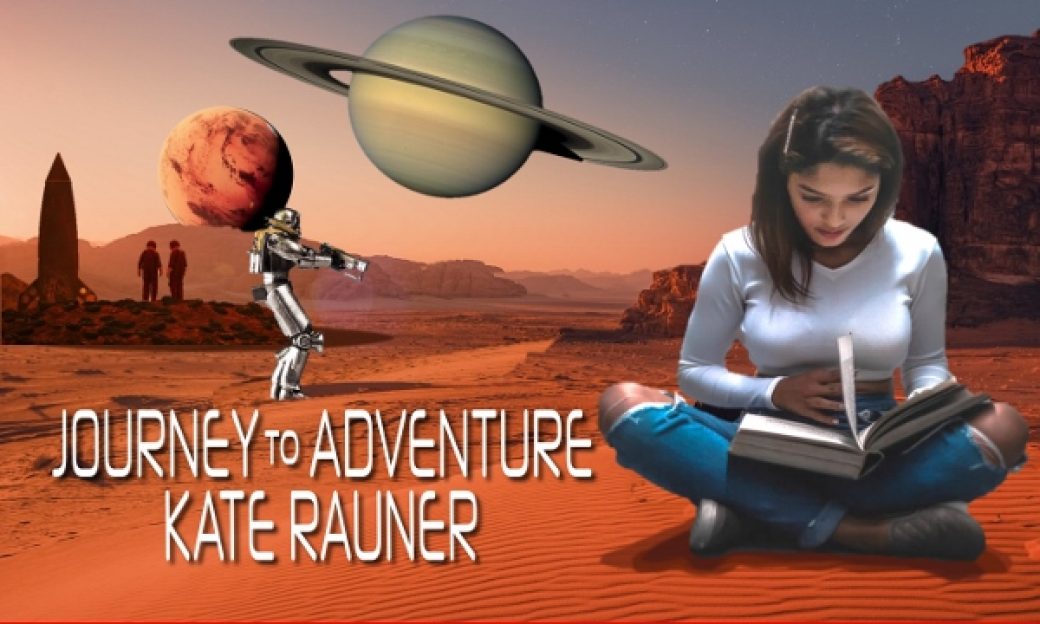Boring dinosaurs
Grazing Mesozoic fields
Have the most to teach

Beyond the flashy teeth and horns, the most plentiful dino herds give us something special: numbers.
Less hyped, more common species are where learning happens. These were the dinosaurs that altered ecosystems depending on what plants they ate and even where they walked, trampling some areas and letting others grow. They often were the food our favorite carnivores relied on. And these dinosaurs were so abundant that they’re more useful for paleontologists who want to know how dinosaurs varied, how they grew and other basic facts. Thanks to Smithsonian


